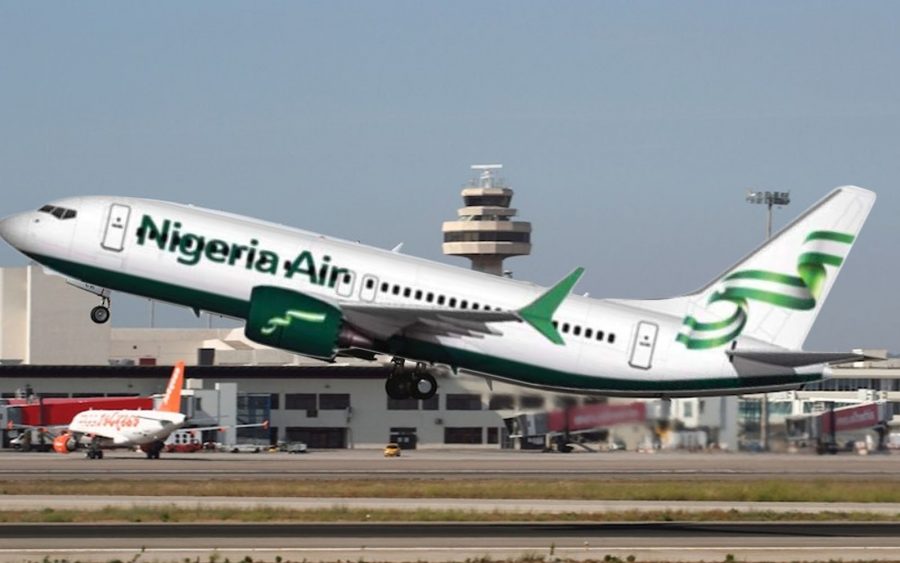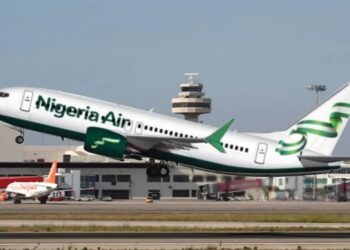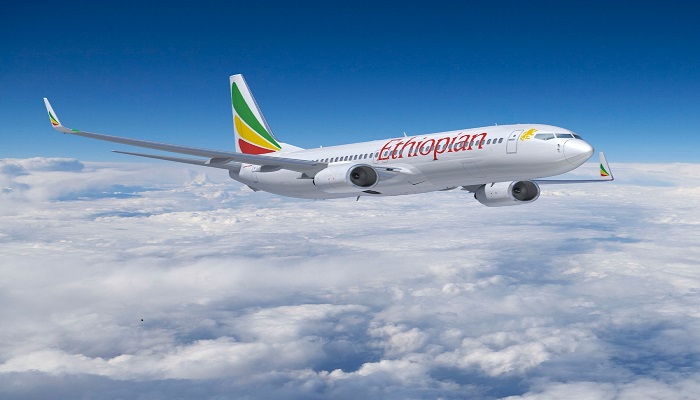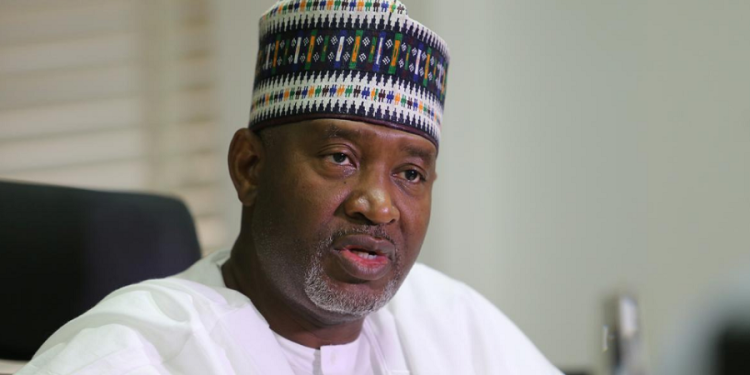In a recently signed Outline Business Case (OBC) approved by the Infrastructure Concession Regulatory Commission (ICRC), an agency saddled with the responsibility of implementing the Public Private Partnership (PPP) framework for the provision of infrastructural services, the Federal Government would be injecting about N3.168 billion ($8.8 million) as a startup capital for the newly-unveiled national carrier, Nigeria Air.
As part-payment for the government’s 5% investment shares, the Federal Government had injected N3.2 billion and its startup capital has been programmed to be N108 billion ($300 million) over the next three years.
It would be recalled that the new national carrier was on Wednesday, July 18 2018, unveiled at Farnborough Air Show in London.
It is expected that on December 19, 2018, the airline would commence operation and subsequently grow capacity to 20 aircraft in the next five years, having started with five aircraft.
While receiving the OBC of compliance certificate, Minister of State, Aviation, Sen. Hadi Sirika revealed that the airline would start yielding profits in the first three years of operation.
To get the national carrier project off its feet, a sum of N1.52 billion was in 2015, approved by the Federal Executive Council (FEC), chaired by Vice President Yemi Osinbajo.
In August, 2015, the Nigerian government setup a 13-member committee to consult with international partners for the establishment of a national airline for Nigeria. In the same year, the committee submitted its report to the Permanent Secretary, Federal Ministry of Aviation, Hajiya Binta Bello.
Nigeria Aviation sector challenges
The country’s aviation sector has experienced several challenges in recent years. In 2016, several airlines shutdown their operations in Nigeria amid economic recession.
In June 30, United Airlines stopped its operation in Nigeria. This was as a result of weakness in the energy sector and difficulties in collecting money from tickets sold in Nigeria. Similarly, Spanish national carrier, Iberia Airlines withdrew its services from Nigeria in 2016. Sources claimed the decision to withdraw was based on the huge financial difficulties the airlines was facing based on the Central Bank of Nigeria’s forex policy. The policy prevented airlines from repatriating proceeds made in Nigeria back to its parent countries.
Virgin Atlantic Airways was also rumoured to have pulled out of Nigeria after it was alleged that it sacked its cabin crew, a rumour that was subsequently denied.





















